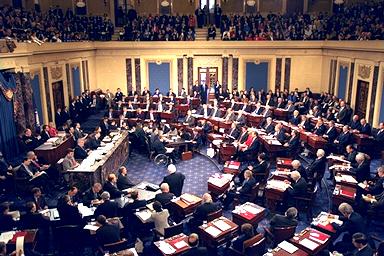
The ban targeting later abortion passed the US House but was blocked by the US Senate on September 22, 2015. It would have banned abortions after 20 weeks post-fertilization, imposing an extreme burden on women in need of later abortion care. It would also have required surveillence of physicians who perform abortions through the use of a reporting system that provides no benefit to patients. As highlighted by a recent Guttmacher analysis and a report by the Center for Reproductive Rights, this proposed ban and others like it are based on myths about fetal pain and misinformation about who needs later abortion and why. Later abortion bans disproportionately impact low-income women. Research has shown that poor women face multiple barriers to accessing abortion care and these can often create delays in obtaining care. Surveys of women who have obtained later abortions reveal that women who obtain an abortion after 20 weeks are far more likely to report delays in care because of financial difficulties or a lack of insurance coverage. Further, bans like these are unconstitutional as they would ban abortion before viability in direct opposition to Roe v. Wade.
References:
Guttmacher Institute. (2015) Proposed ban on abortion is misguided and harms women's health.